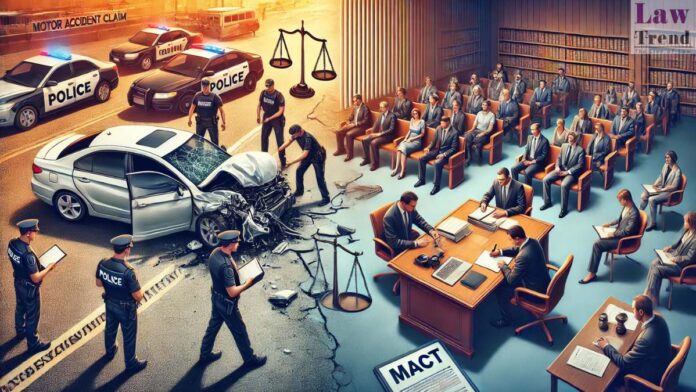In a significant ruling, the Supreme Court of India has clarified the legal interpretation of “ownership” under the Motor Vehicles Act, 1988. The bench comprising Justice J.B. Pardiwala and Justice Manoj Misra held that a person in command or control of a vehicle can be considered the “owner” for the purposes of liability in compensation
To Read More Please Subscribe to VIP Membership for Unlimited Access to All the Articles, Download Available Copies of Judgments/Order, Acess to Central/State Bare Acts, Advertisement Free Content, Access to More than 4000 Legal Drafts( Readymade Editable Formats of Suits, Petitions, Writs, Legal Notices, Divorce Petitions, 138 Notices, Bail Applications etc.) in Hindi and English.




